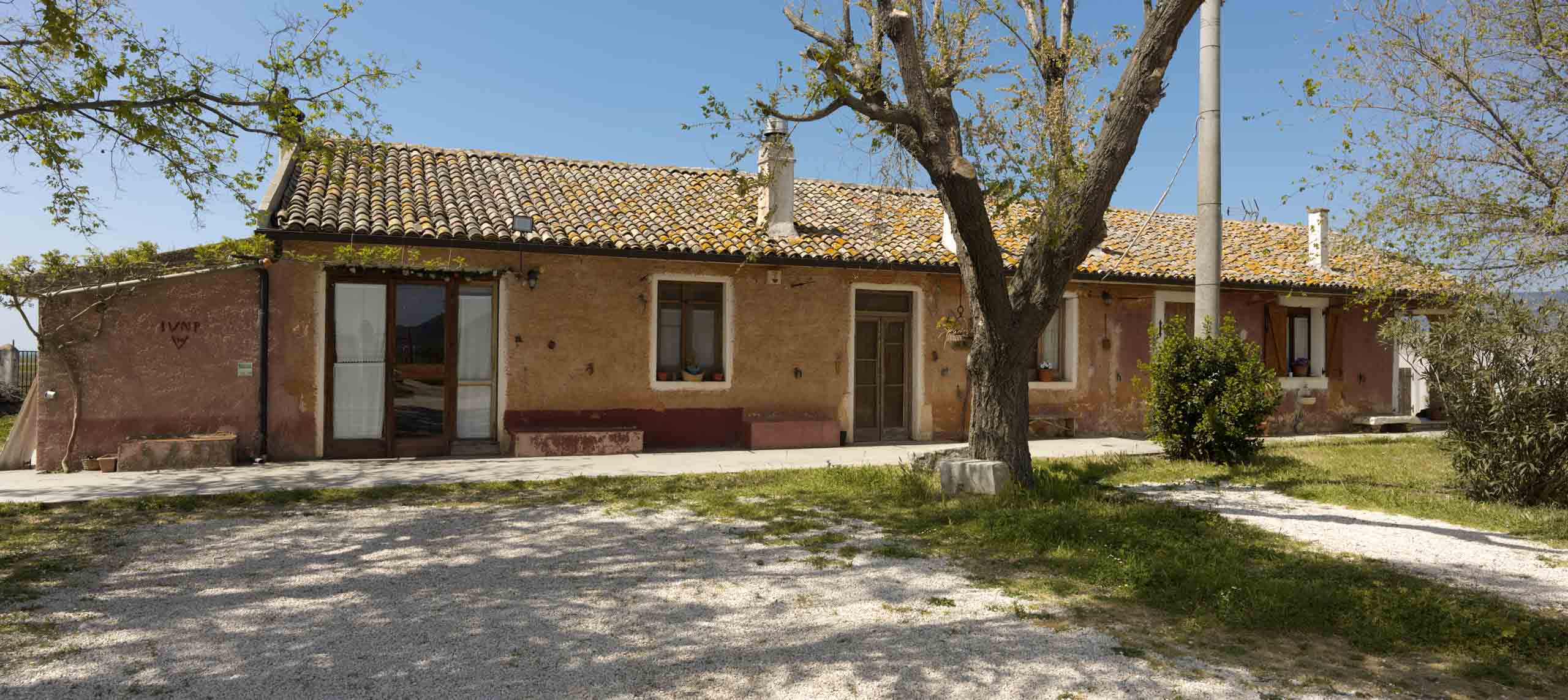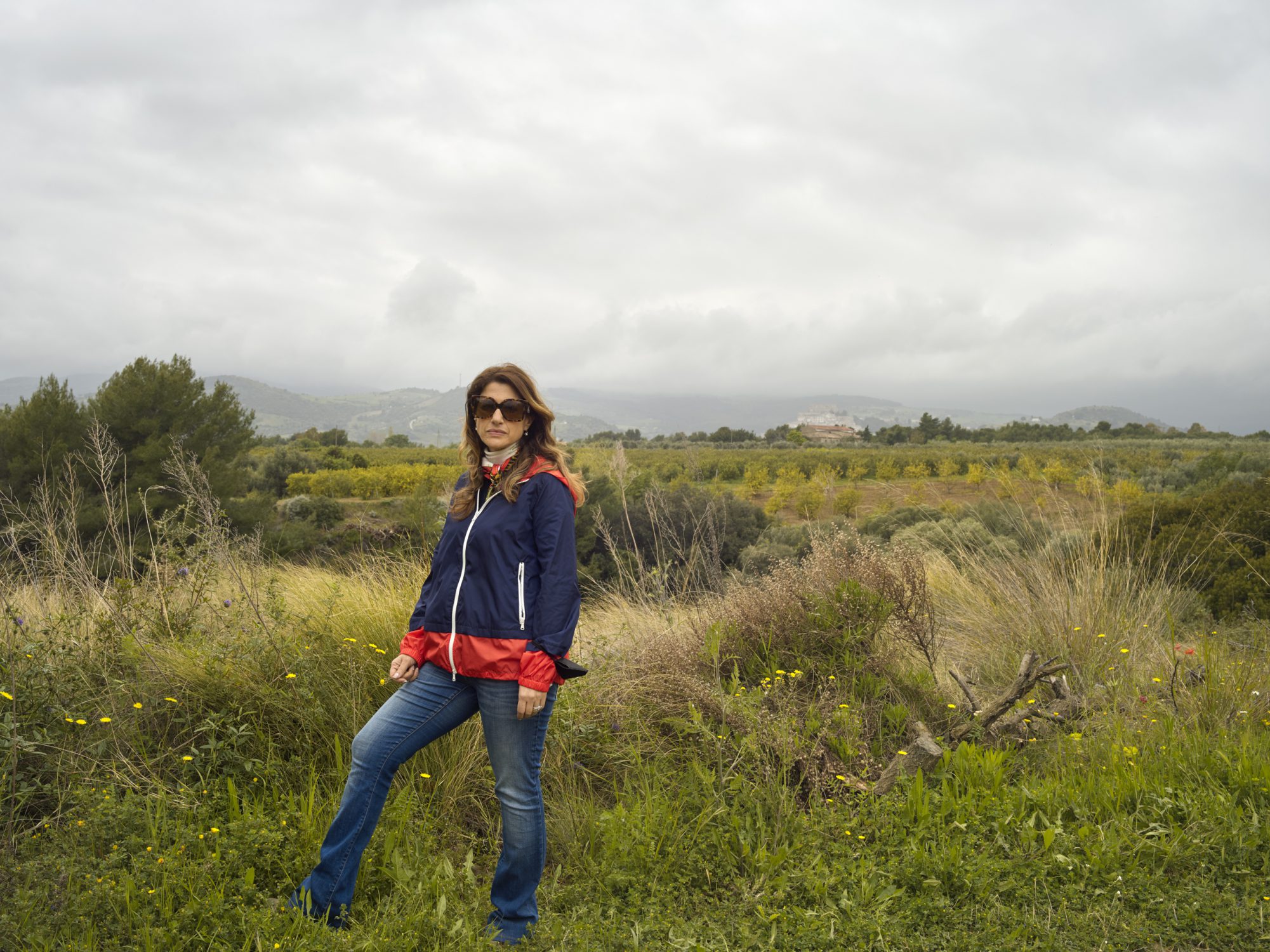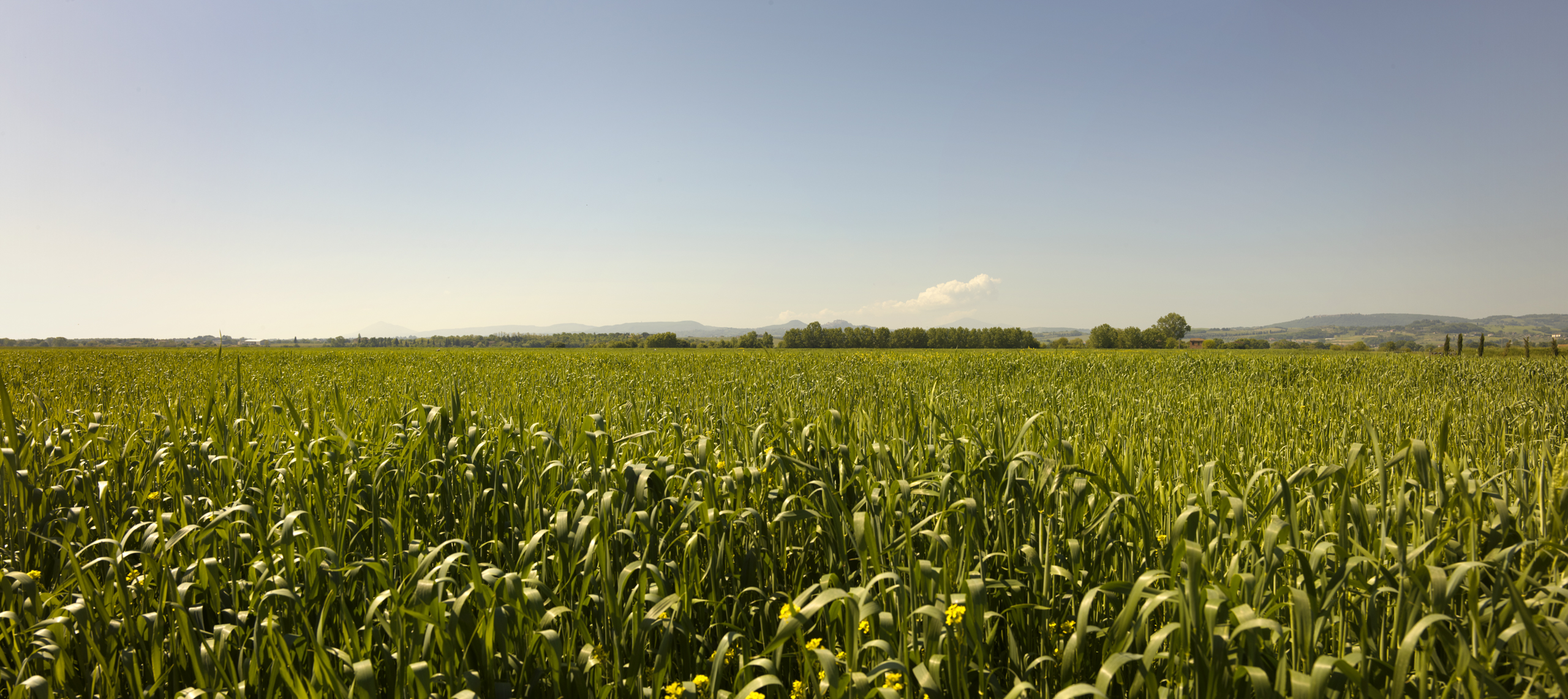
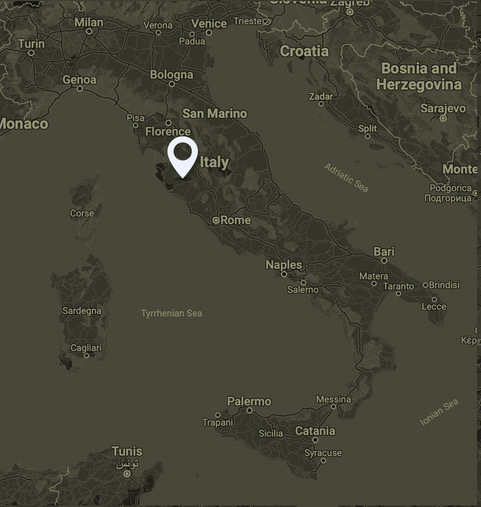
"The future of small-scale farming is all about collaboration, about doing things together."
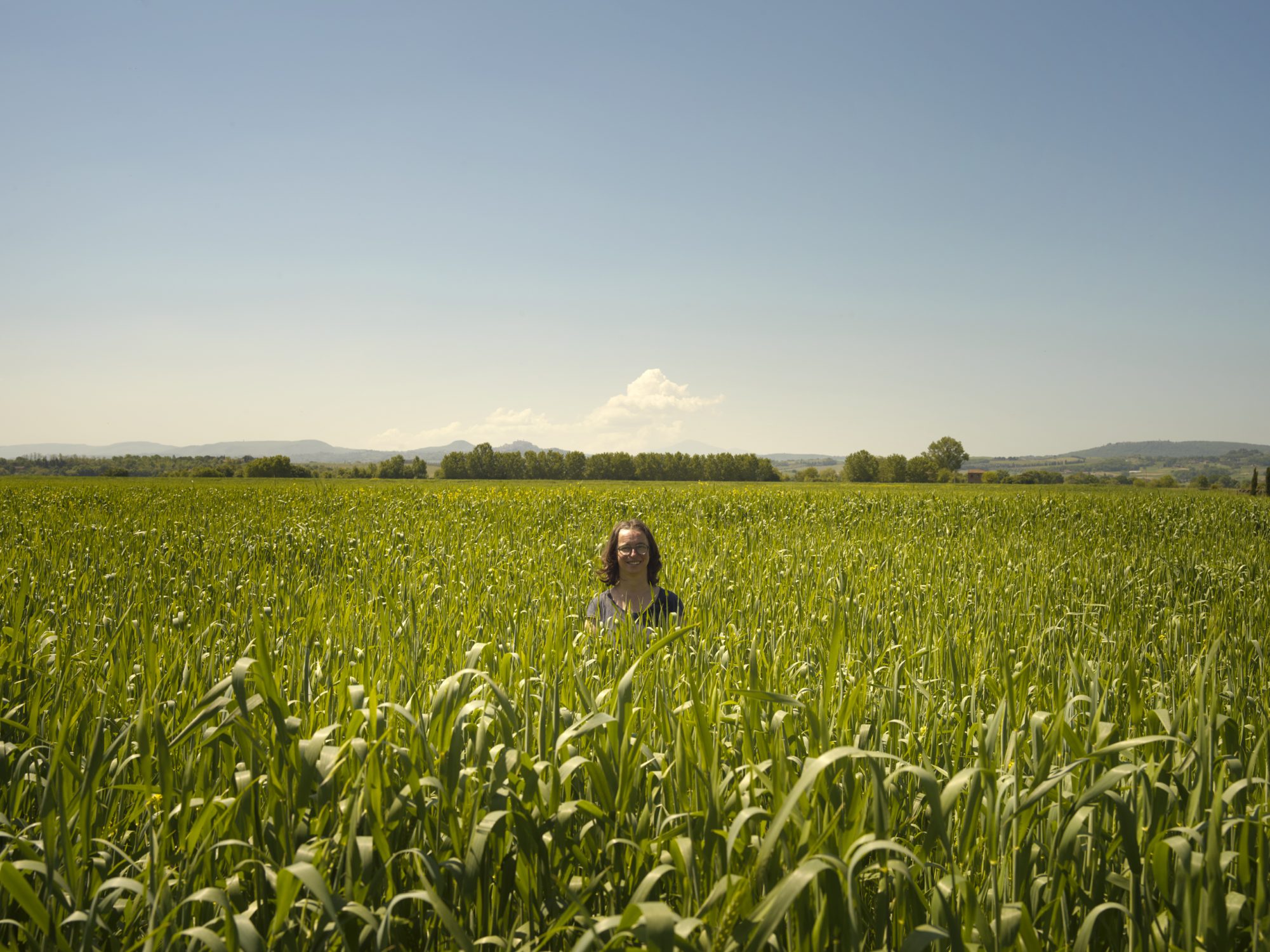
"I have created my own mixture which is a bit different...
Evolutionary populations of wheat
Agriculture, the first actor in the agri-food system, is currently facing two interconnected crises: climate change and biodiversity loss. These challenges are jeopardizing our ability to provide food manufacturers with high-quality raw materials without affecting price or yield. In conventional agriculture, cereal crops are cultivated repeatedly as monocultures or in rotations of just two species, relying on external inputs such as chemical fertilizers and pesticides. Ecological principles are followed when considering cereal cultivation in marginal areas, such as mountains and high hills, or in organic farming. Among these approaches, the use of a higher inter- and intra-specific diversity, and the selection of naturally evolved varieties adapted to the pedoclimatic context over many years, are most efficient at ensuring cereal yield and quality. For that reason, evolutionary populations (EPs) have been introduced with the aim of increasing cultivated biodiversity while ensuring adaptation to the specific pedoclimatic conditions and the effects of climate change.
Source: Department of Food and Drug, University of Parma
..It's five varieties of Tuscan soft grains. I started with 50 grams of each variety. I first multiplied them for four years, then mixed them and sowed them in the field."
Sara Passerini
Tuscany, Italy
The farm, the estate and the 40 hectares of land that Sara works were once part of one of the larger country estates in Tuscany that belonged to her great-grandfather Napoleone Passerini, a famous and important agronomist. His research included studies of wheat varieties, the silkworm, the soil and much else besides. He also founded an agricultural school for tenant farmers in Florence. Her great-grandfather had five children, so part of the vast estate eventually came to Sara.
Sara studied political science in Florence and the cultivation of the land was left to a tenant who worked it in the conventional way and did not look after it beyond that. In 2014 Sara decided to tend the land herself and switched the 40 hectares over to organic growing. It was the start of a long journey. She began to explore the world of grains and legumes. The turning point for Sara came when she contacted the Rural Seeds Network. She tells us about it in one of her fields, where she grows her own mix of five kinds of Tuscan grain.
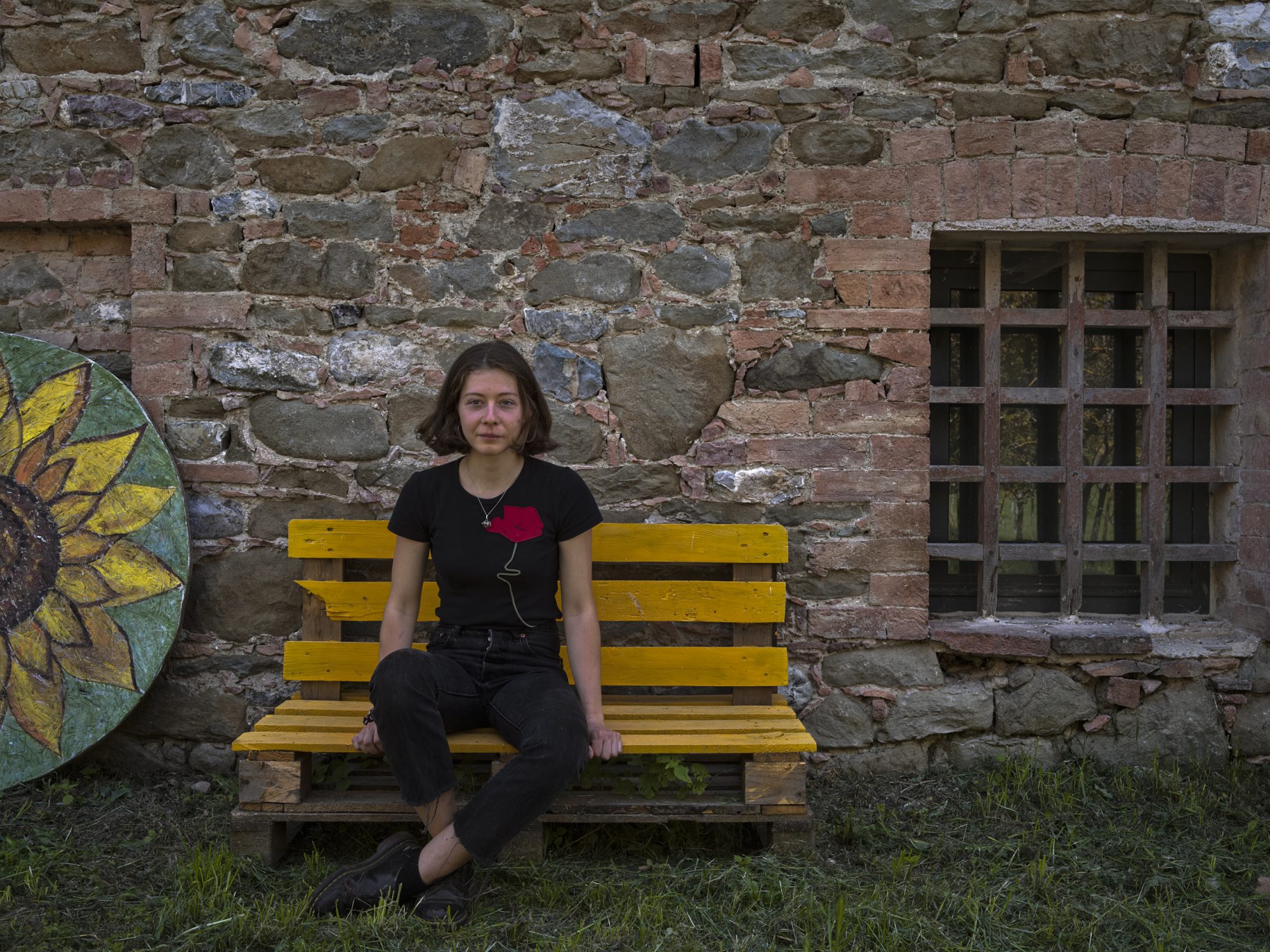
"I am from Paris and work as a junior chef in a restaurant. I want to become an agri-chef."
Camille
(WWOOFer)
We have selected another two stories that might inspire you.
